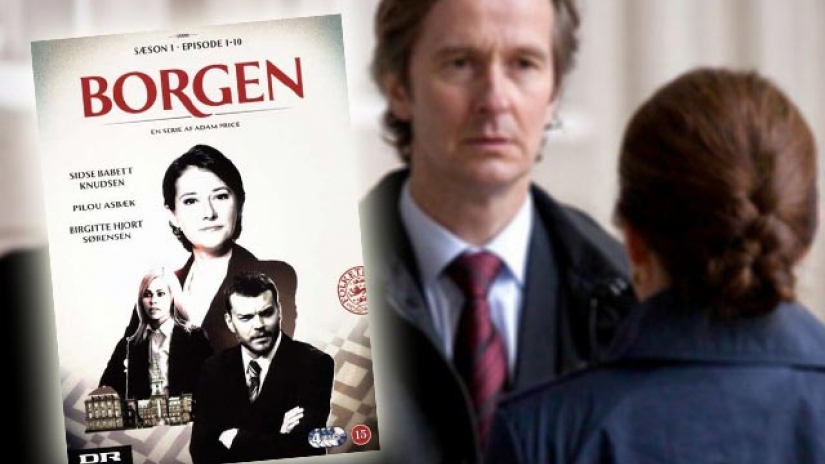In March and April of this year, European public broadcasters in Sweden, Denmark and Switzerland have come under the spotlight as drastic funding changes are announced.
April: Sweden votes to replace licence by a “public service fee tax”
Following a proposal put forward in October 2017 by a parliamentary committee set up to look at the country’s funding of public service broadcasting, Sweden’s Culture and Democracy Minister Alice Bah Kuhnke announced on 12 April that the government was backing the idea of replacing the licence fee with an income-based tax. The new funding model would be introduced in 2019. The current system, which has been around for 60 years, is no longer considered adapted to the new media environment with programmes being accessed through a variety of devices, not just TV sets.
According to Bah Kuhnke the tax will be set at one per cent of taxable income but would be capped to a maximum of 1,300 Swedish kronor (SEK), the equivalent of $154 / £108 / €125 per person per year. Individuals earning less than SEK 13,600 a month ($1,610 / £1,130 / €1,307) will pay a lower fee. But all those over 18 who pay taxes will pay the new fee, whether they have a TV set or not. Currently only those who have a set have to pay the licence fee, and an estimated 11-15% who have one do not pay the fee, according to the parliamentary committee findings. In addition, companies, will no longer have to pay the licence fee.
The current fee (for radio and TV) is SEK 2,400 ($285 / £200 / €230) per household and is the same for all with no reduced fee for students or retirees. It funds both Sveriges Television (SVT) and Sveriges Radio (SR).The tax will be collected by the Swedish Tax Agency, and the need for the specialized licence fee collecting agency, Radiotjänst, will disappear.
The new tax is meant to strengthen independence from politics as the new public service fee is earmarked specifically for funding public service broadcasting and will also be reported separately on tax returns.
March: Denmark scraps licence fee and cuts budget of its public broadcaster by 20%
As reported in the press on 16 March, a majority of Danish parties have decided to scrap the licence fee (currently £300 or €339) and to cut the budget of DR, the Danish public broadcaster, by 20%. The cut equates to a shortfall of 740 million kroner a year (£87m or €99m).
DR’s director general Maria Rørbye Rønn warned that savings of this scale would result in DR producing and broadcasting fewer hours of Danish-language television.
DR TV programmes, such as the widely-acclaimed crime series The Bridge (Broen / Bron – coproduced with Sweden’s Sveriges Television), the political drama Borgen or the police series The Killing (Forbrydelsen), to name the best-known series only, have won many international awards and nominations. DR collaborate with other public service broadcasters within the Nordvision regional partnership, which produces and distributes programmes in the region and abroad. The cut is likely to have an impact on Nordvision.
March: Switzerland votes against change as it votes to keep the licence fee-funded model for broadcasting services.
